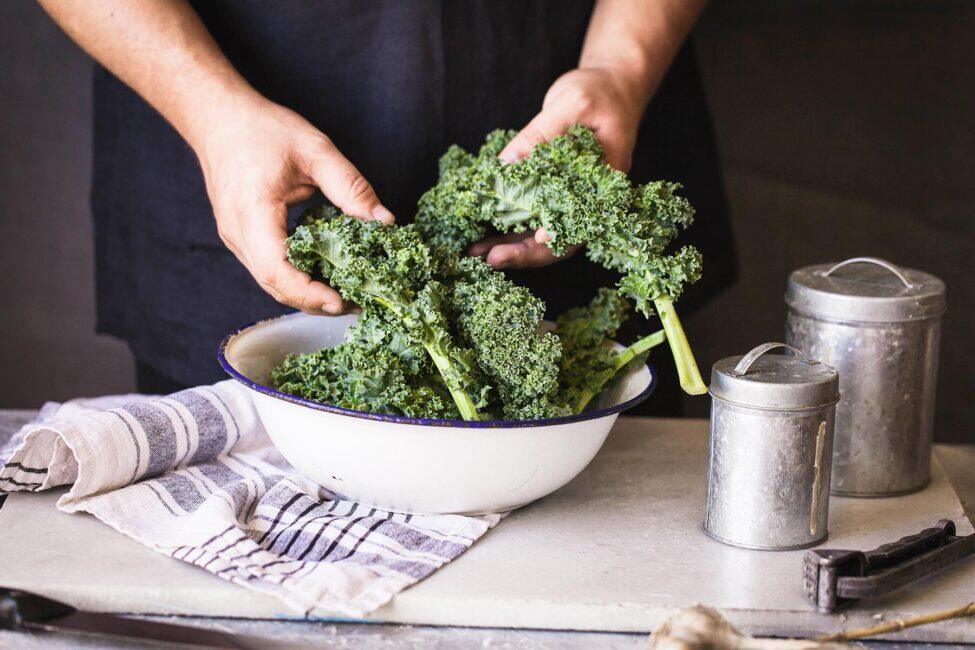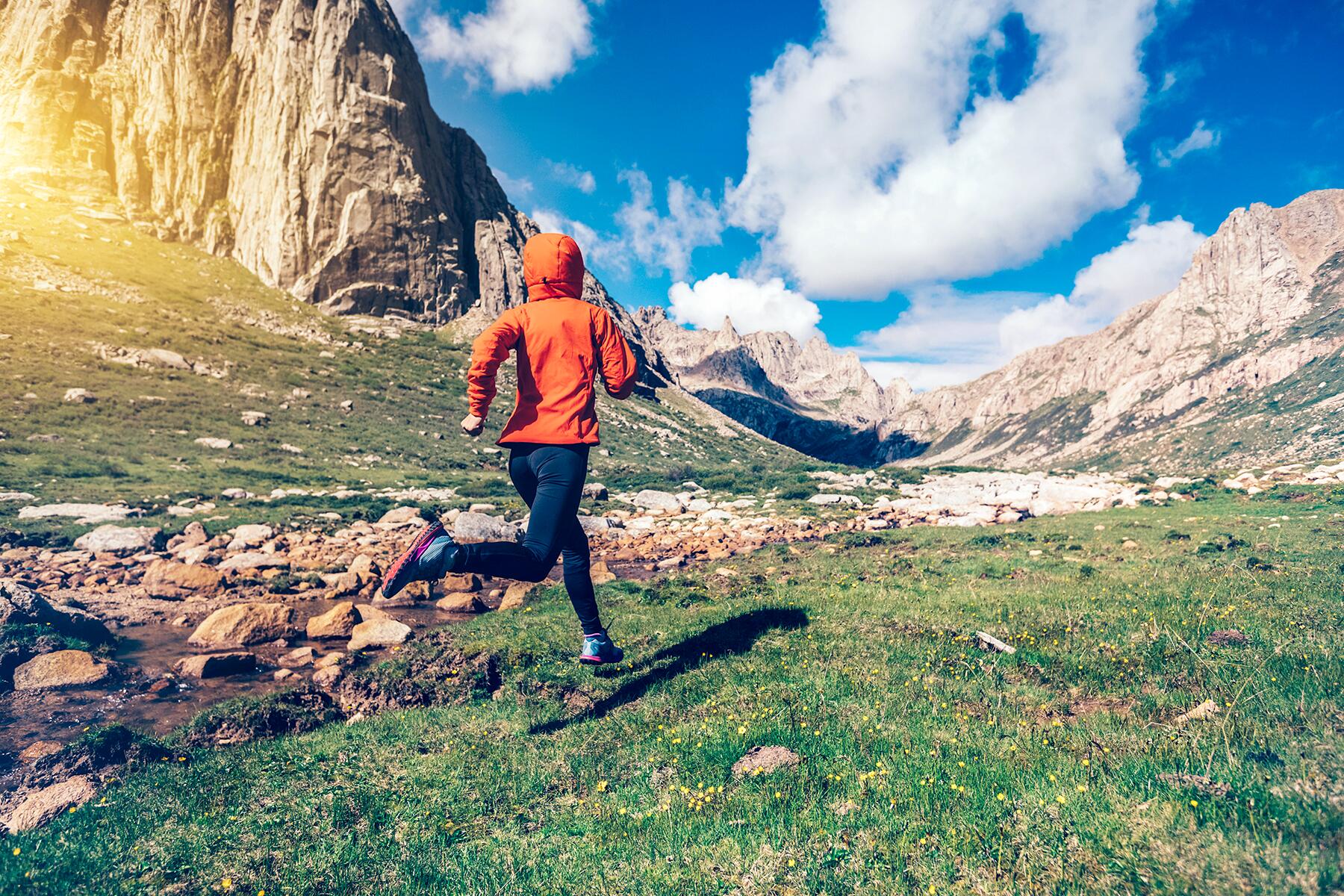Putting some healthy habits in place at every stage of your trip can help you ward off post-vacation illness.
Travelers have long known that along with Instagram-worthy sunsets and relaxing beach time, the downside of a beach vacation can be illness. Even before the coronavirus pandemic made headlines on a daily basis, smart travelers have been diligent about warding off the dreaded cold or flu mid-trip.
Supporting your immune system is a smart investment to stay healthy while traveling. “Having a robust immune health is the best front line to avoiding getting sick,” said Dr. Melissa Gallagher, ND, founder of Natural Health Resources and medical advisor to Sovereign Laboratories.
When the time comes to travel again, here are some tips to keep your immune system in tip-top shape before, during, and after your travel. Should you be traveling during the COVID-19 pandemic, follow all CDC guidelines, including wearing a mask and maintaining social distancing.
Before
De-Stress
Stress can trigger illness even before someone steps foot outside their home, said Dr. Gallagher. Before a trip, it is not uncommon for travelers to have mild levels of anxiety, which can weaken immunity. A regular meditation practice helps manage stress levels. If you are a nervous flier, learn a few deep breathing techniques before your next trip and put them to use if you become nervous midair.
Top Picks for You
Recommended Fodor’s Video
Eat Your Greens
We have all heard it before, we are what we eat. If you want a strong immune system it is important to load up on anti-inflammatory food such as leafy greens, fatty fish, almonds, walnuts, and olive oil, said Edyta Satchell, Certified Integrative Nutrition Health Coach and founder of America’s Travel Wellness.

An anti-inflammatory diet is important as your immune cells are constantly exposed to toxins, microbes, chemicals. Before a trip, she recommends sticking to a light diet full of green vegetables, Omega 3, Zinc, and Vitamins C and D.
Pack a Travel-Sized Health Kit
It is always a good idea to have a small medicine kit full of prescribed medication, as well as general medication such as aspirin, anti-motion sickness tablets, antihistamines, and an antidiarrheal medication. You will be grateful you do not have to roam around a new city looking for medication.
In addition to medication, be sure to pack (and take on a daily basis) vitamins, zinc lozenges, hydration tablets, and any other immune-supportive supplements you have on hand.
To maintain a healthy diet while on the go, be sure to pack healthy snacks like granola bars, fruit, nuts, or beef jerky. That way you will not be tempted to get a greasy, fat-ladened burger at the airport.

Get a Good Night’s Sleep
Dr. Gallager emphasizes getting enough sleep to allow your body to reboot and recharge every night. A wired and tired body is more prone to illness. If your travels take you across time zones, it will disrupt your circadian rhythm, which can compromise your immune system. Before your trip, gradually shift your sleeping hours to match that of your destination’s.
During
Hydrate
Hydrate, hydrate, hydrate. Hydration is key to maintaining a healthy immune system. Our immune system is highly dependent on the nutrients in our bloodstream. If we do not properly hydrate all those nutrients we put in our body with that dark green leafy salad that will not be able to be properly transported to our organ systems, then what is the point of eating healthy in the first place. Proper hydration is also key for detoxification and warding off headaches, muscle tension, and digestive issues.
A good rule of thumb is to aim for half your body weight in ounces and limit the consumption of dehydrating beverages with alcohol and caffeine.
Avoid Alcohol (Especially While Flying)
Speaking of alcohol, it is best to avoid it altogether while traveling by plane. The body reacts differently to alcohol consumption in the air than it does on the ground, said Satchell. The air pressure at 35,000 feet in the sky is much lower than on the ground, which impacts the body’s ability to absorb oxygen. The lower level of oxygen in the bloodstream might make you more intoxicated than if you drank the same amount on the ground.
Also, the air on the plane is very dry. Combine that with the diuretic effect of drinking alcohol, you may become dehydrated even faster. Dehydration increases inflammation, which negatively impacts your immune system, Satchell added.

Avoid Aisle Seats
While the aisle seats are great for getting up and down to stretch your legs or use the restroom, they are also more prone to be exposed to germs. While the Center for Disease Control and Prevention says, “most viruses and other germs do not spread easily on flights because of how air circulates and is filtered on airplanes,” a 2008 study found that passengers sitting in aisle seats of a plane were more likely to be exposed to an outbreak virus.
Exercise Outdoors
The best way to explore a new destination is on two feet. Not only do you see everything there is to see from the ground, but it allows you to get exercise, Vitamin D, and fresh air. If you are staying at a hotel, ask the concierge about nearby running or walking trails.
After
Repeat Everything
Every trip takes a toll on our bodies. After travel, our bodies are generally tired, stressed out, and dehydrated. Do not ease up on your healthy habits once you get home. To avoid getting sick make sure to continue to hydrate, eat super nutritious foods, avoid alcohol, exercise and get plenty of sleep.



